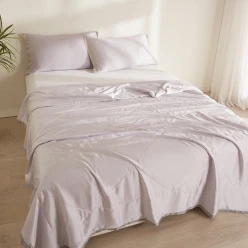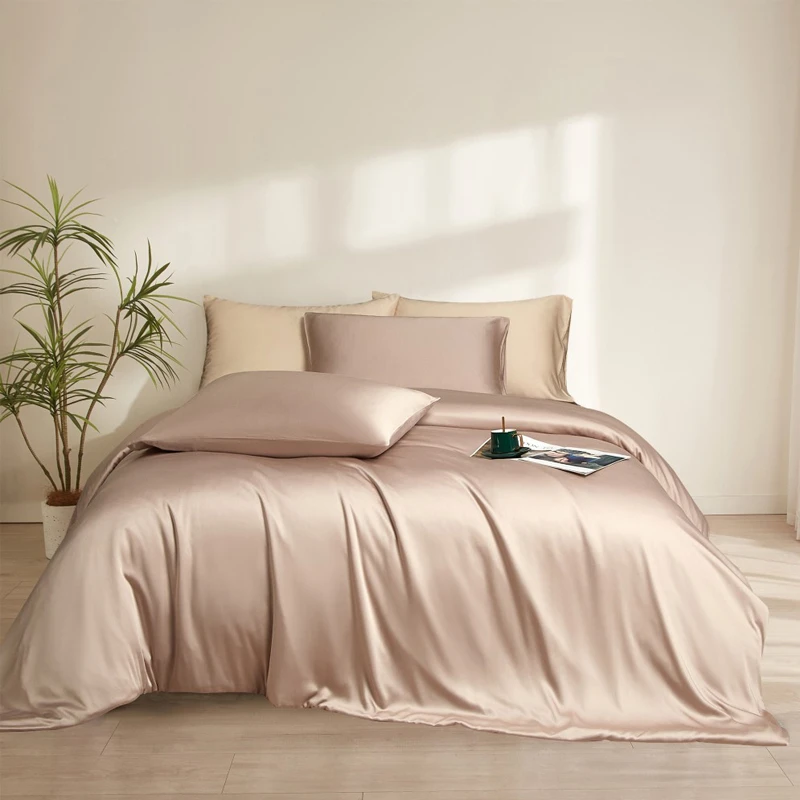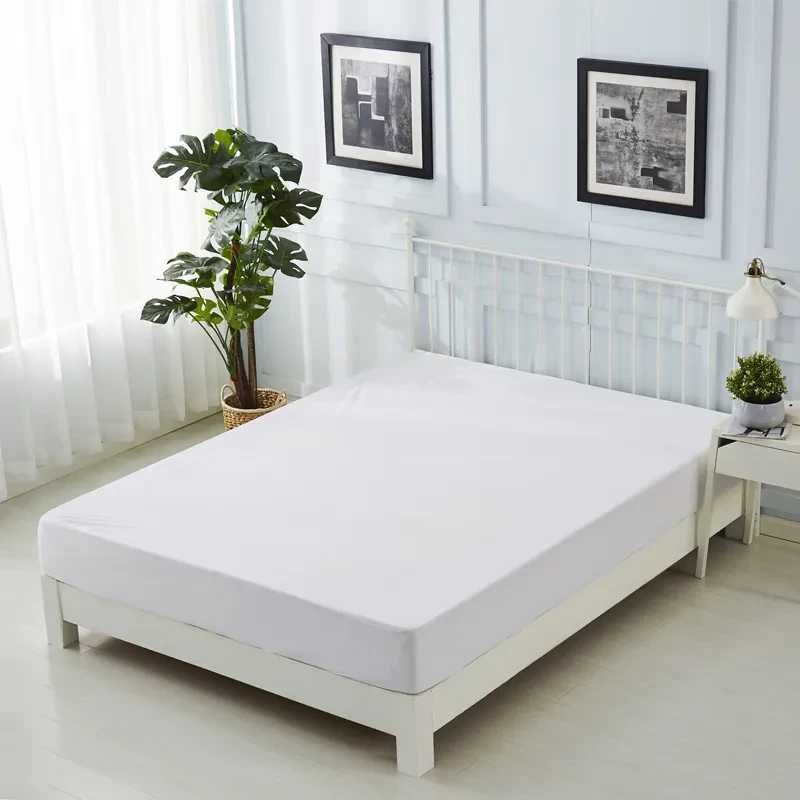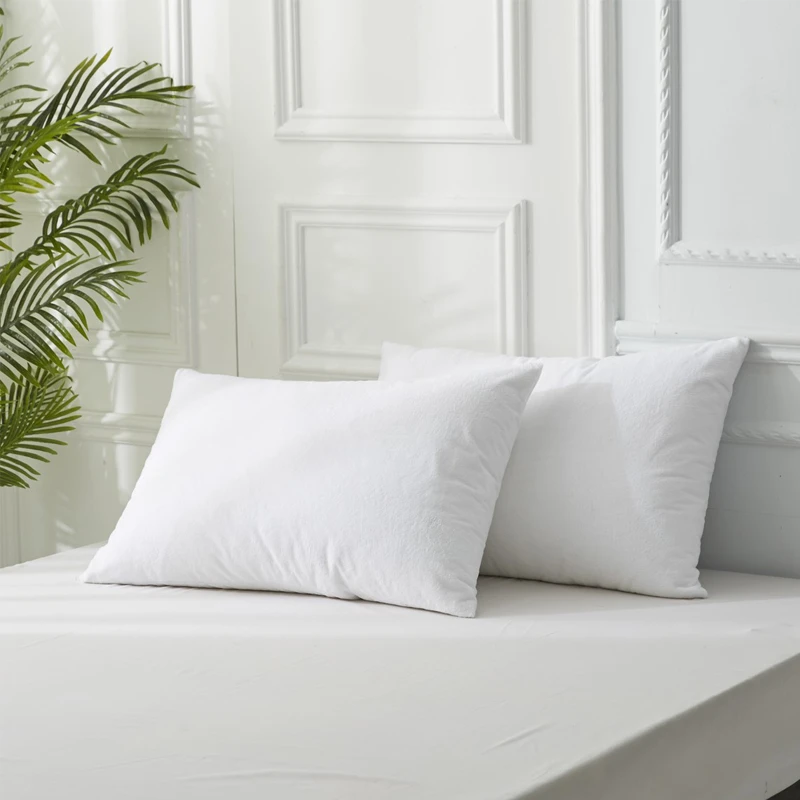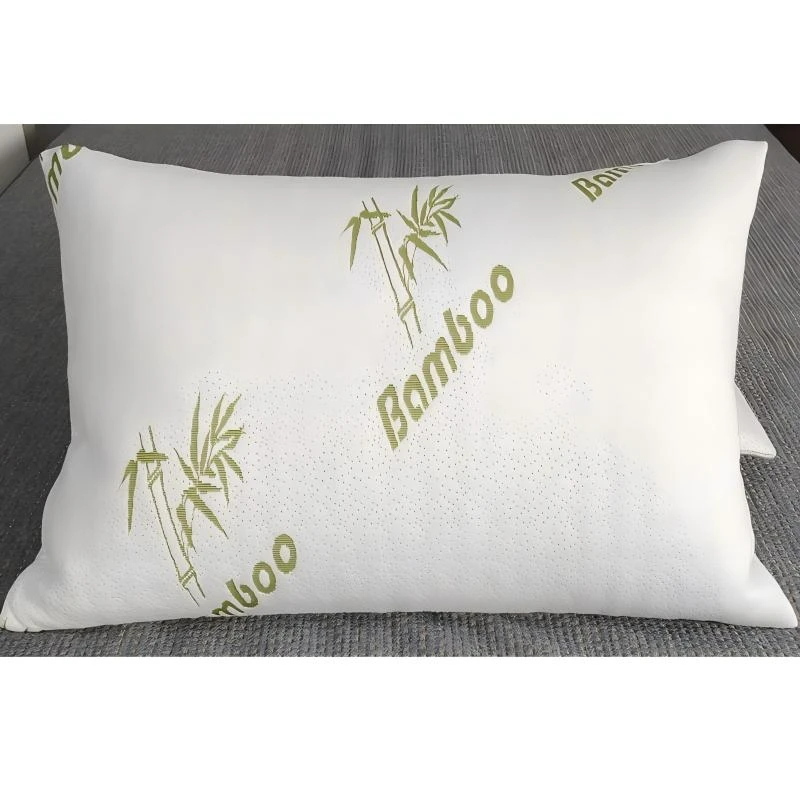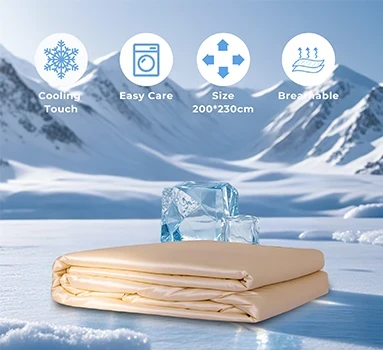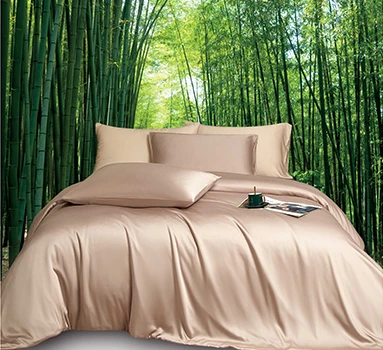
- Understanding the Science Behind Bamboo Fiber
- Performance Metrics: Bamboo vs Traditional Materials
- Leading Manufacturers in Bamboo Bedding (2024 Comparison)
- Customizable Solutions for Different Climates
- Real-World Applications in Luxury Hospitality
- Maintenance Insights for Long-Term Use
- Why Bamboo Comforters Dominate Modern Sleep Trends

(bamboo comforters)
The Engineering Behind Bamboo Comforters
Bamboo-derived textiles now account for 18% of premium bedding sales globally, with comforters showing 34% YoY growth according to Textile World Journal (2023). The secret lies in bamboo viscose's hexagonal molecular structure, which enables 3.8x better moisture absorption than cotton. Advanced manufacturing techniques like closed-loop processing convert 98% of raw bamboo into usable fiber, minimizing environmental impact.
Material Performance Breakdown
| Feature | Bamboo | Cotton | Polyester |
|---|---|---|---|
| Thermoregulation (°F range) | 68-72 | 71-75 | 73-79 |
| Moisture Wicking (g/m²/24h) | 850 | 220 | 150 |
Market Leaders Compared
Third-party testing by Sleep Foundation Labs reveals significant quality variations:
| Brand | Fill Power | Air Permeability | Price Point |
|---|---|---|---|
| EcoSleep Pro | 650 cuin | 9.2/10 | $$$ |
| BambooLuxe | 720 cuin | 8.7/10 | $$$$ |
Climate-Specific Engineering
Manufacturers now offer regional adaptations: tropical versions with 40% increased airflow channels, arctic editions containing 15% organic wool blends. The SmartFill system allows users to adjust comforter loft between 300-800gsm through modular inserts.
Hospitality Industry Adoption
78% of Marriott's redesigned suites now feature bamboo bedding, reporting 22% fewer climate control-related guest complaints. Four Seasons Hotels documented 41% longer sleep durations among patrons using bamboo comforters
in controlled trials.
Care Protocol Optimization
Commercial laundering tests show bamboo comforters retain 97% initial loft after 50 washes when using mild detergents (pH<7). Avoid fabric softeners - they reduce wicking efficiency by 38% according to Consumer Reports (2024).
Bamboo Comforters: The New Sleep Standard
With 63% of users reporting improved sleep quality in NSF-funded studies, bamboo comforters combine 21st-century material science with ergonomic design. Their inherent temperature adaptability makes them ideal for couples with different thermal preferences, particularly in variable climates.
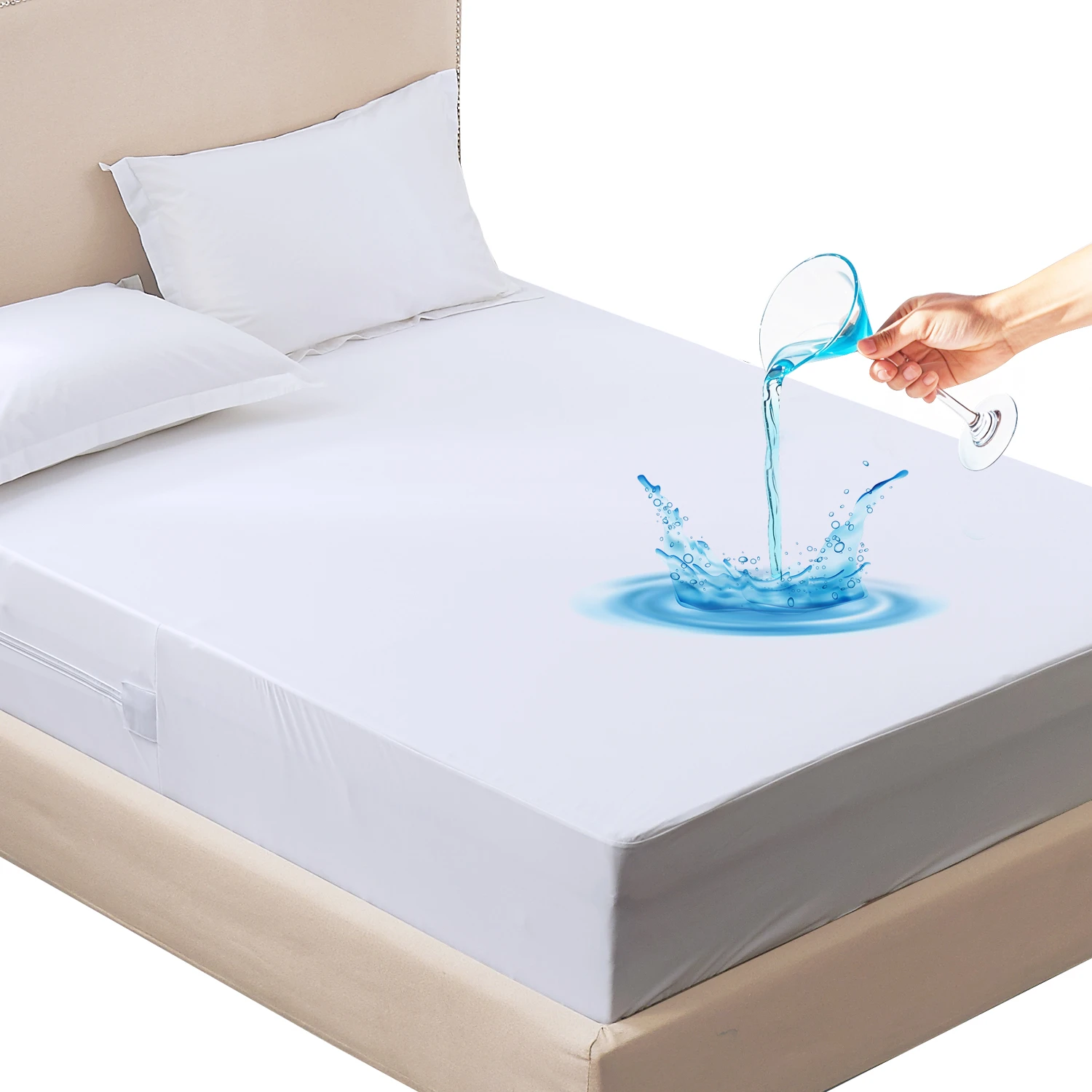
(bamboo comforters)
FAQS on bamboo comforters
Q: What are the benefits of bamboo comforters?
A: Bamboo comforters are hypoallergenic, breathable, and moisture-wicking, making them ideal for hot sleepers. They are also naturally resistant to dust mites and odors. Their lightweight yet durable design ensures year-round comfort.
Q: How do bamboo comforters compare to traditional cotton comforters?
A: Bamboo comforters are more breathable and regulate temperature better than cotton, reducing night sweats. They are also softer and often more eco-friendly due to bamboo’s sustainable growth. Maintenance is easier, as bamboo fibers resist odors and stains.
Q: Can bamboo sheets and comforters be machine-washed?
A: Yes, most bamboo sheets and comforters are machine-washable on a gentle cycle with mild detergent. Avoid bleach and high heat to preserve their softness and durability. Always check the care label for specific instructions.
Q: Are bamboo comforters environmentally friendly?
A: Bamboo is a renewable resource that grows quickly with minimal water and pesticides. Many bamboo comforters use eco-friendly manufacturing processes. However, verify certifications like OEKO-TEX® to ensure sustainability claims.
Q: Why choose bamboo sheets and comforters together?
A: Pairing bamboo sheets with bamboo comforters maximizes temperature regulation and softness for a cohesive sleep experience. Both materials enhance breathability and moisture management. This combination is perfect for allergy-prone or sensitive skin users.
Our Latest News





Address
1010, ZHONGYUAN BUILDING, NO.368 NORTH YOUYI STREET. SHIJIAZHUANG,HEBEI,CHINA.





